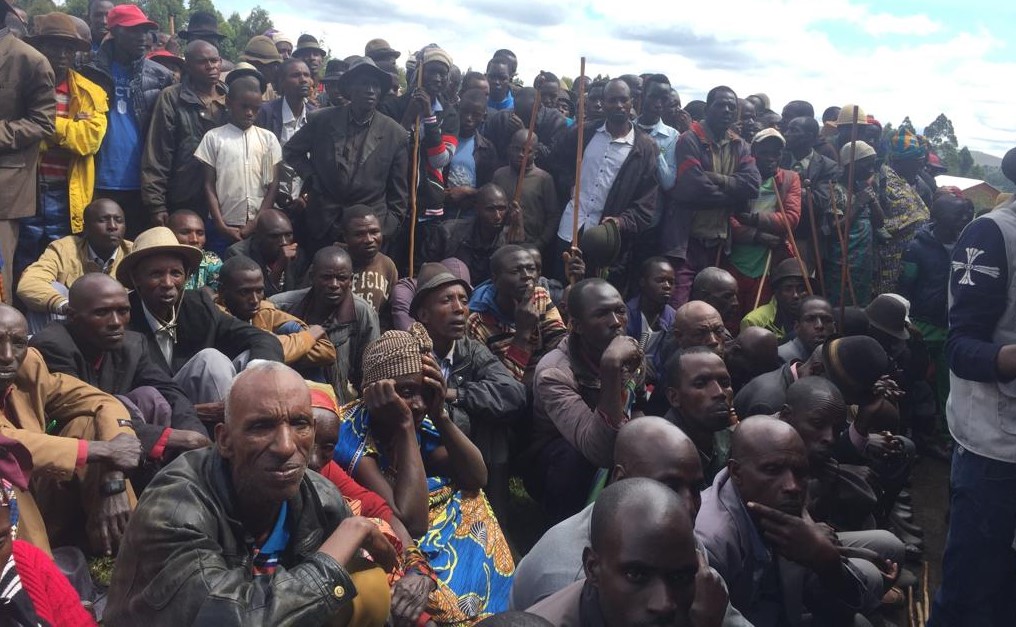Let’s Preserve Our Culture Before We Forget Our Roots.
May 30, 2025entertainment#analysis

Banyamulenge Culture Abroad and Back Home
When I think of home I do not just see hills or villages I see stories. I hear songs our grandparents sang while herding cows. I see elders seated under trees teaching values like respect unity and courage. I remember how we danced during weddings and how children sat close to listen to tales about where we come from. That is Banyamulenge culture.
Today we are scattered. Some of us live abroad. Some are still in our homeland struggling to hold on to what remains. Our culture is being tested both at home and in the diaspora.
Back Home A Culture in Survival Mode
In places like Minembwe Bijombo and Itombwe life has not been easy. Years of conflict and displacement have changed everything. People have lost their homes families have been broken and even simple traditions like storytelling around the fire are fading.
Children grow up in IDP camps where survival comes first. School systems are weak. Community gatherings are rare. In many places the songs and dances of our ancestors have been replaced with silence.
Even in that silence something still lives. Some mothers still teach their children how to greet in Kinyamulenge. Some fathers still speak of the past with pride. It is fragile but it is not gone. We just need to protect it.
Abroad Living Between Two Worlds
Living in the diaspora brings different challenges. Our children speak English French or Swahili more than Kinyamulenge. They eat differently dress differently and think differently. That is okay. That is the world they are growing up in. But it becomes a problem when they do not know who they are.
Too many Banyamulenge youth abroad cannot introduce themselves in our language. They have never heard our songs never seen our dances and do not know our history. It is not because they are ashamed. Often no one ever taught them. Many parents busy with work and survival forgot to pass it on.
What Can We Do
We do not need big budgets or global campaigns. We need will.
Start at home. Speak to your children in Kinyamulenge even if it is just one sentence a day. Tell them where you were born. Show them old pictures. Let them hear the music. Organize small cultural gatherings. Share videos from back home. Celebrate what we still have.
Abroad we have tools. We have phones social media YouTube. Let us use them to tell our stories. Let us make it cool to be Banyamulenge. Let us give our kids something to be proud of.
Back home let us not give up. Even in the hardest conditions culture can survive if we believe it is worth saving.
Final Words
Being Banyamulenge is not just about blood it is about belonging. That belonging starts with knowing who you are where you come from and what your people stand for.
Whether we are in Mulenge or Minnesota Uvira or Uganda we are one people. Our culture is our soul. If we lose it we lose ourselves.
If we protect it teach it live it and share it then no matter where we are Mulenge will always live in us.


